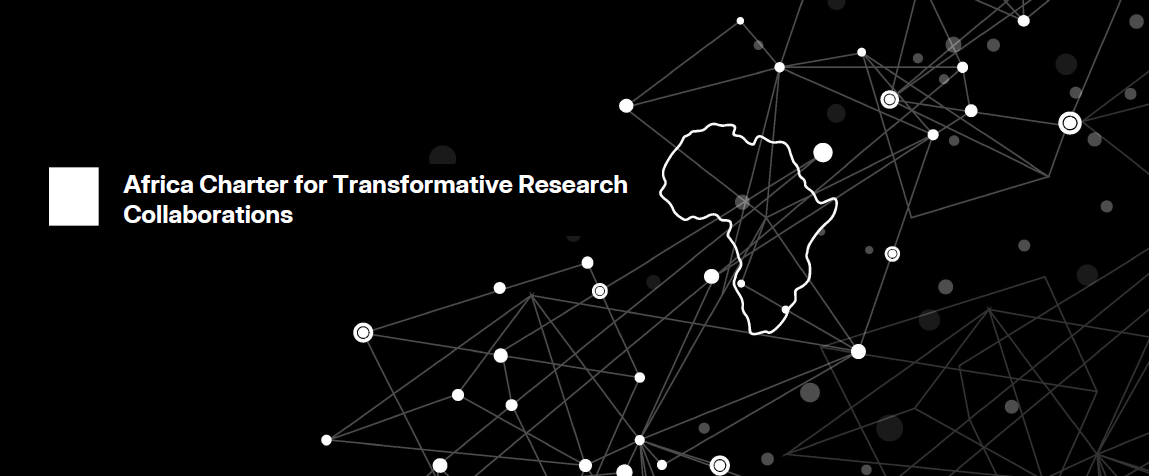With two million 10 to 19 year-olds across the world living with HIV, a new study led by Royal Holloway, aims to help young adults born with HIV, to share their status with their friends, family and partners.

These young people will be the first generation born with HIV to live into adulthood and lead healthy lives, due to medical advances. However, many find it incredibly hard to share their HIV status with others, and the thought of telling future partners see some decide not to enter into relationships at all, for fear of rejection. This is despite the fact that, if medication is taken consistently, HIV is not transmittable even if unprotected sex occurs.
The two-and-a-half year project, funded by ViiV Healthcare and led by Dr Michael Evangeli from the Department of Clinical Psychology at Royal Holloway, will take place in the UK and Uganda where there are much larger numbers of young people born with HIV.
Dr Evangeli, and colleagues from Imperial College Healthcare NHS Trust, London School of Hygiene and Tropical Medicine and the Joint Clinical Research Centre, Uganda, will develop and test a programme to support decision-making about sharing one’s HIV status in people aged 18 to 25 years born with HIV.
Young people from Birmingham and London will be involved in the project, as well as in Uganda, from Kampala and the surrounding region.
In the UK, there are nearly 2,000 young people who were born with HIV with an average age of 20 and the new project will support them to make decisions about sharing their HIV status, which can lead to more support, consistent taking of medication, and reduced transmission of HIV to partners.
One supporter of the project, Bakita Kasadha, a poet, researcher and writer from London, and chair of Global Network of Young People Living with HIV (Y+), said: “Any young person wanting to talk about their HIV status should be able to make that choice.
“Talking about HIV can be incredibly difficult however, as there are so many things we need to consider, in terms of stigma and discrimination.
“So having support to help us think about how we might deal with different reactions from our peers, families and wider society is important.
“It won't always be a negative reaction, but it helps to prepare people for a range of reactions and that way, we are able to make an informed decision that works best for us.”
Dr Michael Evangeli from Royal Holloway, added: “Young people with HIV are very resilient and manage their condition really well.
“It can be very scary, though, to tell other people that they are living with HIV. There are common worries about how other people will respond and whether they will be rejected.
“This study, the first of its kind, aims to empower young people in both the UK and Uganda, to come together and discuss their worries, learn how to make better decisions about sharing their status, and new ways of telling others about HIV.
“Hopefully this will give them the tools they need to feel better able to face the challenge of being more open about their status, so that they can lead a happy and healthy life.”
The planned programme will take place over four sessions - three group sessions and one individual session; the group sessions will be co-run by a peer worker and a health care professional; the groups will be mixed gender; and the intervention will have some skills-building activities, including using videos and role plays.
Globally, there are 37 million people living with HIV, with a further 37 million who have died from the consequences of the HIV infection.
Most of the young people with HIV live in sub-Saharan Africa and were born with HIV after it was transmitted from their mother during pregnancy, birth or breastfeeding.
























